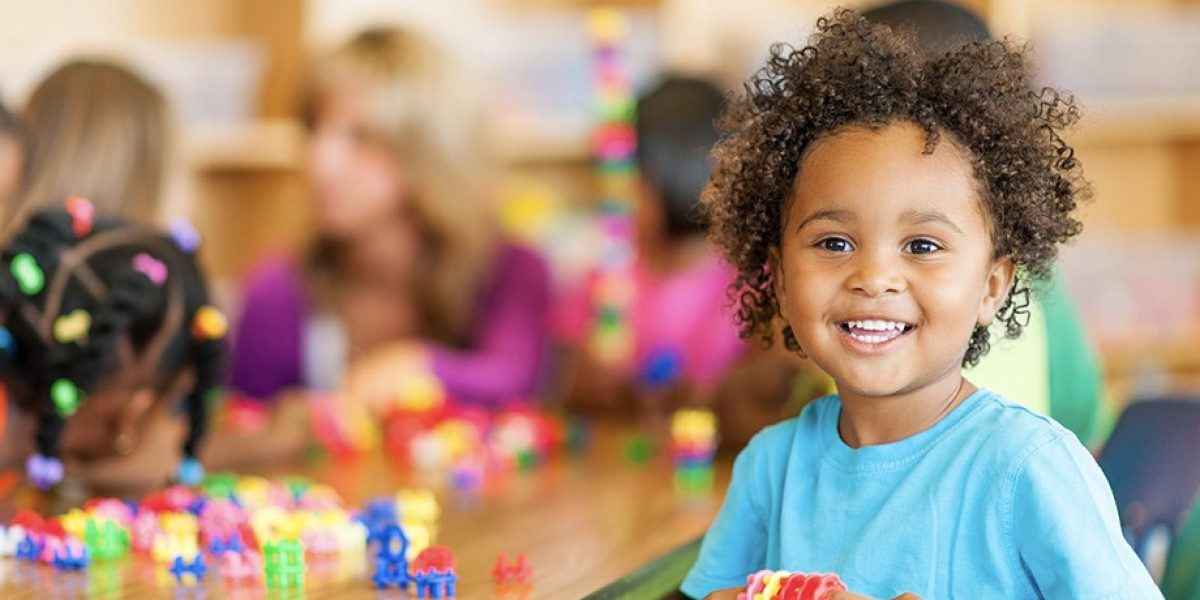Introduction:
Australia’s commitment to education excellence extends to the early childhood sector, where a focus on nurturing the development of young minds is paramount. Early Childhood – Supporting Children Development study in Australia stands out for its comprehensive curriculum, hands-on learning experiences, and a commitment to fostering a strong foundation for future leaders. In this blog, we delve into the key aspects of early childhood education in Australia, exploring the education system, curriculum, practical experiences, and the unique features that contribute to shaping well-rounded professionals dedicated to supporting children’s development.
Education System:
Australia offers a range of early childhood education programs catering to aspiring educators keen on supporting children’s holistic development. The landscape includes diploma courses, bachelor’s degrees, and even postgraduate qualifications specializing in early childhood education. Institutions across the country provide a variety of pathways, ensuring flexibility for students to choose a program that aligns with their career goals and aspirations.
One notable feature of early childhood education in Australia is the integration of theoretical knowledge with practical experience. Students are exposed to cutting-edge research, pedagogical approaches, and child development theories, preparing them to create engaging learning environments that cater to the unique needs of young learners.
Curriculum and Focus Areas:
The curriculum in early childhood education programs in Australia is carefully crafted to cover a broad spectrum of subjects. Core areas include child development, early learning theories, curriculum planning, and pedagogical strategies. The emphasis is on understanding the individual needs of children and creating inclusive, stimulating learning environments that foster cognitive, social, emotional, and physical development.
Programs often incorporate subjects like literacy and numeracy development, early childhood psychology, and inclusive education. Specialized focus areas may include early intervention strategies, multicultural education, and play-based learning approaches. The comprehensive curriculum ensures that graduates are well-equipped to address the diverse needs of children and contribute meaningfully to their development.
Practical Experiences:
A cornerstone of early childhood education in Australia is the incorporation of practical experiences throughout the study journey. Students engage in supervised placements in childcare centers, kindergartens, and early learning environments, gaining hands-on experience in applying theoretical knowledge to real-world scenarios.
These practical experiences not only provide invaluable insights into the day-to-day responsibilities of early childhood educators but also allow students to build strong relationships with children and families. Exposure to diverse learning environments enhances adaptability, ensuring that graduates are well-prepared to navigate the dynamic and evolving field of early childhood education.
Regulation and Accreditation:
The Australian Children’s Education and Care Quality Authority (ACECQA) plays a pivotal role in regulating and accrediting early childhood education programs and services. It sets national quality standards and guidelines, ensuring that education providers maintain high-quality learning experiences for children.
Completion of an ACECQA-approved early childhood education program is crucial for students aspiring to work in childcare centers and early learning settings. This accreditation ensures that graduates possess the necessary skills, knowledge, and ethical standards to contribute positively to children’s development.
Technology Integration:
Australia’s commitment to innovation is reflected in the integration of technology into early childhood education. While maintaining a balanced and developmentally appropriate approach, educators are encouraged to incorporate digital tools to enhance learning experiences. Technology is seen as a valuable tool for fostering creativity, problem-solving skills, and digital literacy, ensuring that children are prepared for the digital age.
Career Prospects:
Graduates of early childhood education programs in Australia are well-positioned for fulfilling and impactful careers. The demand for qualified early childhood educators remains consistently high, driven by the country’s focus on providing quality education and care for young children.
The diverse career paths available include roles in childcare centers, kindergartens, preschools, and community-based organizations. Additionally, graduates may find opportunities to work in policy development, advocacy, and research within the early childhood education sector. The versatility of qualifications obtained in Australia allows educators to explore various avenues and contribute to the continuous improvement of early childhood education practices.
Cultural Sensitivity and Inclusivity:
Australia’s multicultural society is reflected in its early childhood education approach, emphasizing cultural sensitivity and inclusivity. Early childhood education programs prioritize equipping educators with the knowledge and skills to create culturally responsive learning environments. This approach ensures that children from diverse backgrounds feel a sense of belonging and are provided with opportunities to celebrate their unique identities.
Conclusion:
Choosing to embark on the journey of Early Childhood – Supporting Children Development study in Australia opens doors to a world of possibilities. The country’s commitment to excellence in education, combined with practical experiences, a comprehensive curriculum, and a focus on inclusivity, positions graduates as dedicated professionals ready to make a positive impact on young lives. Australia’s early childhood education programs create a solid foundation for aspiring educators, nurturing tomorrow’s leaders and fostering a love for learning that lasts a lifetime.





